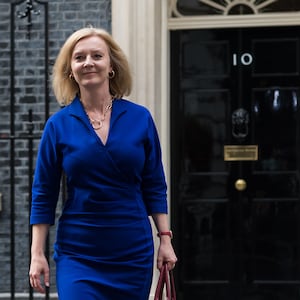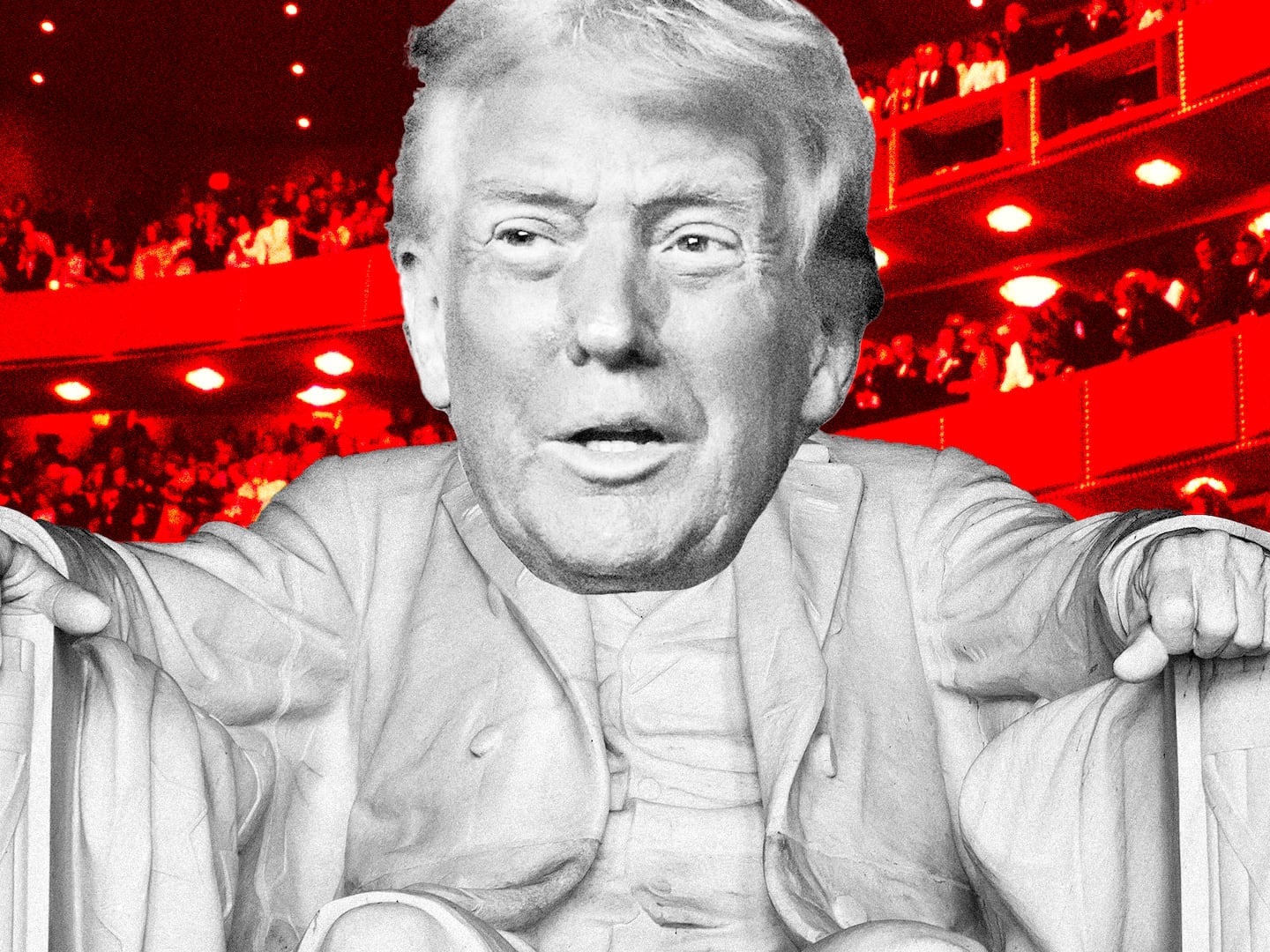Shortly after making it into the final two for the Tory leadership race in July, Liz Truss sent out a message of thanks to her supporters with an oddly prophetic typo. “I’m ready to hit the ground from day one,” she wrote.
What was once just an amusing typo has turned out to be a well-kept promise. Even with Truss’ first two weeks in office being eclipsed by the death of Queen Elizabeth II, the new regime has already managed to inflict a surprising array of disasters on the country and itself. The so-called “mini-budget” delivered by fledgling finance minister Kwasi Kwarteng on Sept. 23 has been at the heart of the mayhem.
Kwarteng, a longtime Trus ally, is a free-market radical who, like Truss, believes that unfettered economic growth will cure the United Kingdom’s legion of social ills. It may have come as a bit of a surprise when the free market, in turn, had a radically negative reaction to Truss and Kwarteng’s proposals, which represented the biggest cuts in British tax in half a century.
At a time when spiraling energy and food costs threaten to leave millions of Britons choosing between heating or eating this winter, Kwarteng’s flagship financial policies included removing a cap on banker’s bonuses and removing the top 45 percent rate of income tax, which would only benefit those earning over $168,000 a year.
But the breathtaking tax cuts, coupled with a promise to tackle rising energy bills through massive government borrowing, immediately sent the markets into meltdown as confidence in British finances evaporated. The pound fell to an all-time low against the dollar, British stocks and bonds plummeted, and the Bank of England was forced to take emergency action to avoid a potentially catastrophic collapse of pension funds, warning that a “material risk to U.K. financial stability” had been created by the statement.
Members of Truss’ own party reacted with horror. “Liz is fucked,” one former Conservative minister told Sky News after the mini-budget, adding that Tory lawmakers had already started formally requesting a vote of no confidence in her leadership over fears that she would “crash the economy.” And even Conservative party heavyweights Michael Gove and Grant Shapps on Sunday denounced the plans as “tin-eared,” adding that the cuts had “managed to alienate almost everyone, from a large section of the Tory parliamentary party taken by surprise to the City traders who will actually benefit.”
Kwarteng also faced calls to resign for the turmoil—which grew louder when it emerged that he’d attended a champagne reception attended by hedge fund managers who also allegedly benefited from the chaos in the market. But despite the uproar, it looked like for all the world like Truss and Kwarteng would stick to their guns and press ahead with $50 billion of unfunded tax cuts.
On Sunday, Truss was asked during a BBC interview if she was “absolutely committed to abolishing the 45 percent tax rate for the wealthiest people in the country.” She said yes. By Monday morning, that absolute commitment was absolutely dead. “We get it, and we have listened,” Kwarteng wrote in a tweet announcing that the tax cut would no longer go ahead.
The humiliating U-turn was reportedly taken to avoid an even more humiliating open rebellion of Conservative lawmakers in the House of Commons planning to block the tax cut going through. Losing such a sensitive vote so early in an administration would be a disaster for Truss and her allies and their grip on power.
But Conservative lawmakers can already feel their party’s grip on the electorate more broadly slipping away, with fears growing that they will face decimation at the next election. Staggering polling figures published last week put the opposition Labour party 33 points ahead of the Tories—the biggest lead the party has enjoyed in Britain since the 1990s, according to data analytics firm YouGov. Even more alarming for Tory lawmakers was the fact that the mammoth lead was partly explained by an exodus of people who had voted for the Conservatives at the last general election in 2019 switching allegiance to Labour.
With the Conservative party’s annual conference underway this week, Truss will have to find some way to reestablish her credibility within the party. So somber is the mood at the event that even a traditional karaoke event has been canceled. Delegates arriving at the conference have even been subjected to abuse by angry protesters outside the venue. But the message inside is arguably even more upsetting for the Tories’ rank and file. Over the weekend, veteran British pollster Sir John Curtice informed gobsmacked attendees that they were heading for electoral disaster, with Truss now as unpopular as Boris Johnson when he was toppled.
To say she’s only been prime minister for less than a month, that’s a truly incredible achievement.







